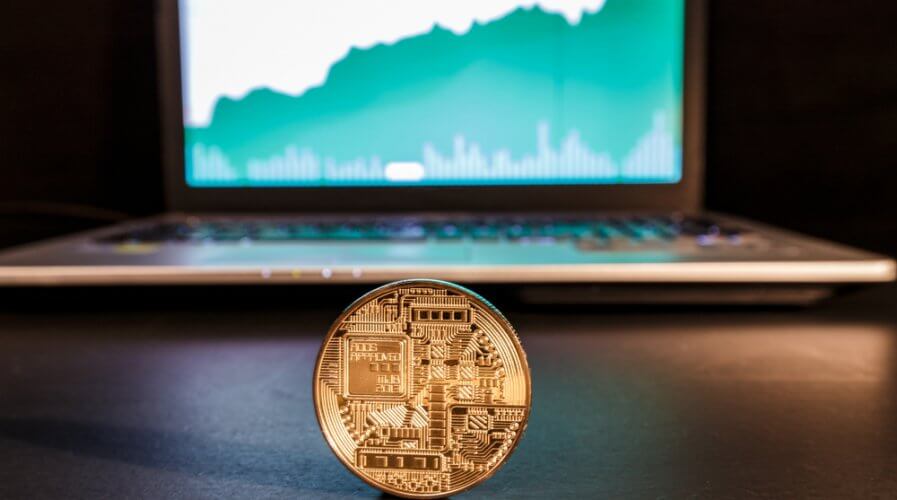
How do you regulate ICOs? Source: Shutterstock
ICOs: Are they all just scams?
IN recent years, we have seen the significant rise of the initial coin offerings (ICOs). For blockchain startups, ICOs represent a great vehicle to use when raising money.
Traditionally, startups would have to convince incredibly savvy angel/seed investors, who spent years building companies themselves.
Now all you have to do is build something that convinces anyone who has money to invest in what your project has to offer.
Last year, ICOs delivered at least 3.5 times more capital to blockchain startups than VCs. The original premise behind bitcoin was to put a stop to systems reliant on a central system.
So it is perhaps unsurprising that crypto-enthusiasts have come up with a way to challenge the old way of raising funds for projects.
But despite the attractiveness of ICOs, there’s a growing amount of uncertainty surrounding this funding technique.
Why? There has been an incredibly large magnitude of cryptocurrency and ICO related scams. In the first five months of 2018 alone, US$1.61 billion was lost to scams and hacks.
And there are more uncomfortable facts to add to this. Bitcoin news site Bitcoin.com ran a survey that found that out of 902 companies who raised an ICO, 142 failed before closing funding, and 276 failed after fundraising.
Furthermore, results also found that an additional 113 projects which were classified as “semi-failed” after the teams involved stopped communicating on social media, or because their team is too little to even stand a chance of success.
The overall conclusion of the survey? “59 percent of last year’s crowd-sales are either confirmed failures or failures-in-the-making.”
At the Japan Blockchain Conference in Tokyo this week, TechCrunch editor, Josh Constine, shared his views on the topic during a panel discussion.
“We’ve seen tons of companies being able to raise from the crowd through ICOs basically based on the idea that something in the world can be better with blockchain, without any real evidence as to why the blockchain is necessary,” explains Constine.
“I think that there are a lot of bad actors in this industry who have seen ICOs as a way to get rich quick.”
It’s clear that entrepreneurs and investors need to conduct more research into the projects they are investing in. Too many people are being sucked into the marketing ploys of these companies, who present “fantastic” and believable ideas without the infrastructure in place to ever carry it to success.
“I think really what you should be looking for when you’re talking about blockchain startups is do they have a path to revenue?”
“It doesn’t matter if they have a great idea, because the consumer marketplace is not ready for most of these blockchain startups- the infrastructure is not there,” added Constine.
Some sort of regulation is needed in order to address the problem of ICO scams. If we are to enhance global blockchain adoption, then we need to do something about these fraudulent startups in the space, who are damaging the reputation of the credible companies.
Fortunately, there seems to some progression in the space. Solutions based on blockchain technology itself is aiming to create a safer ecosystem for all.
Token Curated Registries (TCR’s) create immutable data where the organizations behind the registry is incentivized to maintain a reliable, popular, and high-quality list.
In a nutshell, with the use of blockchain, experts and others in the space can create a trackable, traceable reputation which is stored on the decentralized ledger technology.
Another company which has its eyes on combatting this problem is Shannon.AI. Using machine learning, the company aims to provide a solution to ICO fraud by separating the scams from legitimate projects.
The algorithm-based system automated what the savvy investors are already doing, by pulling together publicly available information to draw an overall picture of a coin.
But according to Constine, if we are to truly build greater trust in the industry, it’s going to have to start with publications.
“All of these companies that do blockchain news- we need to demand higher integrity from those reporters,” said Constine.
For instance, if a writer is invested in coins, they need to clearly state that in the article. It’s hard to tell if reporters are being paid to write about certain companies.
With big media publications having such a large influence on peoples interest and potential investment in a company, it’s clear more integrity is needed in this area.
READ MORE
- Ethical AI: The renewed importance of safeguarding data and customer privacy in Generative AI applications
- How Japan balances AI-driven opportunities with cybersecurity needs
- Deploying SASE: Benchmarking your approach
- Insurance everywhere all at once: the digital transformation of the APAC insurance industry
- Google parent Alphabet eyes HubSpot: A potential acquisition shaping the future of CRM






